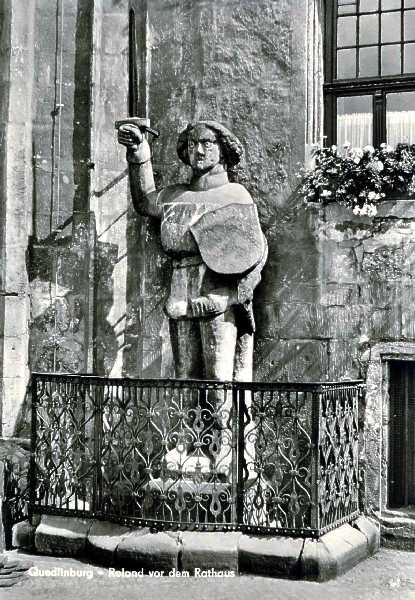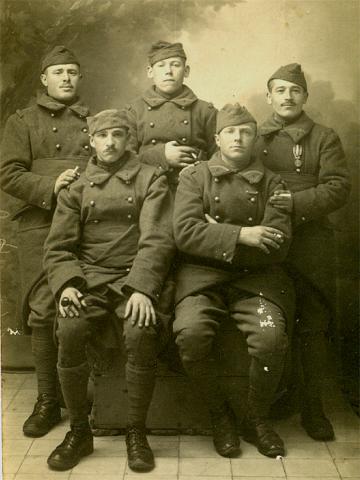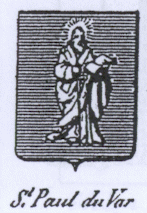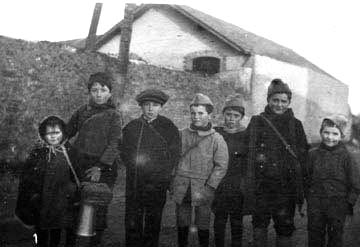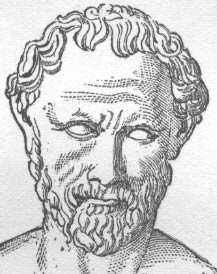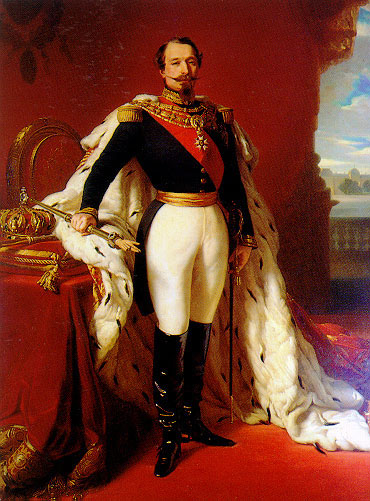
And now the burden falls upon myself to uncover the deliberate and cataclysmic workings of none other than myself. Having never felt particularly comfortable with writing about my own affairs in the third person (lingering too far into the realms of pretension) and having never eased my discernment for the inappropriateness of writing about my oft caustic life in the first person (wandering to closely to arrogance), I shall venture into fairly worrisome territory and for the moment pretend to be someone else entirely upon whom the onus of documenting my life has befallen.
Let's all pretend that my name is Michel Renoir.
Despite this rather osequious charade, please do not believe for a moment that all the facts contained herein are anything but gospel. My motives are merely to retain the shreds of dignified humility that have graced my scarred cadaver of a life. After all, I have no purpose for lies any longer, and the militant stand of The Infantry is to be pure upholders of the honest truth.
. . . I shall begin. Remember, Michel Renoir is writing these words, who is actually me, but a consciousness removed from myself to communicate with honesty the indiscriminate truth about me from the perspective of another.
Aidan Jareth was born in the town of Manosque in the Durance river plain.
Raised by cabaret performers who were all disciples of Rodolphe Salis, who as you'll re

call was the founder of the infamous Montmatre establishment renowned throughout France,
Le Chat Noir. Admittedly noone in the troupe of Manosque had ever met Monsieur Salis or even travelled as far as Paris, but through letters and hearsay they had developed their own style of cabaret performance unrivaled any where throughout Europe. The troupe was known as
Les Belles Personnes.Aidan Jareth was never aware of the identity of his real parents as he had been left outside the city gate of Manosque, the Porte de La Saunerie, at an early age. As a cruel joke Monsieur Jareth's parents had left inside the poor baby's weaved basket of reed and twine, along with Aidan, a small package of salt. The Porte de La Saunerie was also known as the salt gate, as it was here that historically citizens of Manosque were obliged to pay the rather unpopular salt tax. Perhaps one can applaud Aidan's parents for their mischievous sense of humour, but perhaps more appropriately one should chastise them (albeit by prayer to divine omniscience) for deleterious and indecerous cruelty.
Thankfully Monsieur Jareth was found by
Les Belles Personnes, and after a fine meal of salted pork (the package of salt was somewhat bittersweet), the infamous troupe set about a plan to raise the abandoned bastard child.
The troupe was a quintet, much like the honourable battalion of the chivalrous Infantry that Monsieur Jareth would later found, much to the chagrin of the entire French bureaucracy. There was one woman in the troupe but she had far surpassed the milky age of child rearing, and the troupe had to therefore resort to stealing milk from the local dairy farms. It is a wonder that the mere contemplation of a cow's underbelly causes Monsieur Jareth severe anxiety.
Auguste Maintenant was the leader of
Les Belles Personnes. His falsetto was highly regarded and his impersonations of various barnyard animals were an indomitable hit, should they have been performed in any of the Parisian theatres, though unfortunately the performances of the troupe were relegated to shows outside the Porte de La Saunerie, or the north side of town outside the Porte du Soubeyran.
Agathe Plustard, was the female presence within the troupe, though given her quite formidable baritone vocal stylings and her voluminous beard, many, quite understandably, mistook her for a man. Noone was really aware of Madame Plustard's age, though rumour had it that she stood between two or three hundred years old, and given her mumblings regarding the edict of Fontainebleau and the outlawing of Protestantism in France, and her inability to forgive Louis XIV, this hypothesis was somewhat believable.

Alexandre Aujourdhui, Dominique Demain, and Guillaume Toujours made up the rest of the troupe. Alexandre was famous for his remarkble contortions. On a good day he could manage to get his right leg over his head, though it was invariably quite difficult to remove him from this position should he accomplish this incredible feat. Dominique was the comedian of the troupe, and his punchlines were completed on his own complex theory "That unfunny is the new method of comedy, and when all else fails bang furniture". Guillaume was the musician, who never really allowed his personality to shine besides capping off every performance after finishing his final phrasings on the piano with a bellow from the depth of his soul that quite inexplicably always remained "Je deteste ma vie".
How Monsieur Jareth escaped his early childhood without disease, injury, or further abandonment is unknown to anyone other than
Les Belles Personnes, who have all since died or gone completely mad from various questionable practices and addictions to absinthe and opium.
Aidan Jareth in his early teens became the dancer for the troupe and given his somewhat wiry stature and flexible limbs his performances were nothing short of entrancing. Monsieur Jareth was quite happy to soft step his way through the gates of St. Peter, as the cabaret life and a healthy dose of saltwater cod were all this skeleton limbs demanded.
However, the s

hadowy denouement of this epoch remained straining in the wings. The town of Manosque was one of the first staging grounds for the new infiltration of the French Legion's recruitment efforts, and in typical nefarious form the government issued new commands to promote the illegality of cabaret performances outside any officially sanctioned performance space.
Les Belles Personnes was no more, and as Monsieur Jareth had no identity papers, financial support, or identifiable parentage other than the altruistic embrace of Monsieur Maintenant and Madame Plustard, the French Legion took advantage of his age and impressionable personage and recruited him to immediate deployment in the ravaging hands of North African combat.
. . . Ten years of my life (for I no longer bear the shyness of assuming a sobriquet) were spent under the cancerous whim of the Legion.
You will forgive my departure, there is more to say of
Les Belles Personnes and their loving kindness, it is not correct that I give them such a brief overture, but if you reference the beginnings of this passage I fear my anger at the actions of those we mean to offend will only influence the direction of my exposition of this tale. I can tolerate many vices, notwithstanding offensive body odour, but arrogance and self-aggrandizement are not among them.
Please forgive me.
 As you now have a vague understanding of the inner workings, dilletante opinions, and heroic perturbations of The Infantry, you consequently and necessarily must regard our cause with rapacious celerity of wit, and less with the cavalier whimsy of a consumptive urchin. Forgive the harshness of phrase, but the time has arrived for movement and contention, and a strict adherence to our vision, and avoidance of the alluring tangle of ease and luxury afforded by pardon from our supposed government.
As you now have a vague understanding of the inner workings, dilletante opinions, and heroic perturbations of The Infantry, you consequently and necessarily must regard our cause with rapacious celerity of wit, and less with the cavalier whimsy of a consumptive urchin. Forgive the harshness of phrase, but the time has arrived for movement and contention, and a strict adherence to our vision, and avoidance of the alluring tangle of ease and luxury afforded by pardon from our supposed government. tion for years spent serving a malicious and entirely unhumorous army in the salty sands of the Sahara, where the nightly menu consisted of various styles of preparing the indiginous jerboa (akin to a mouse of squirrel), where the unearthly potential for contemplation of mass suicide was perpetual, where a man's willingness to wander into the realms of questionable evening companionship was severely compromised on one or two occasions.
tion for years spent serving a malicious and entirely unhumorous army in the salty sands of the Sahara, where the nightly menu consisted of various styles of preparing the indiginous jerboa (akin to a mouse of squirrel), where the unearthly potential for contemplation of mass suicide was perpetual, where a man's willingness to wander into the realms of questionable evening companionship was severely compromised on one or two occasions.